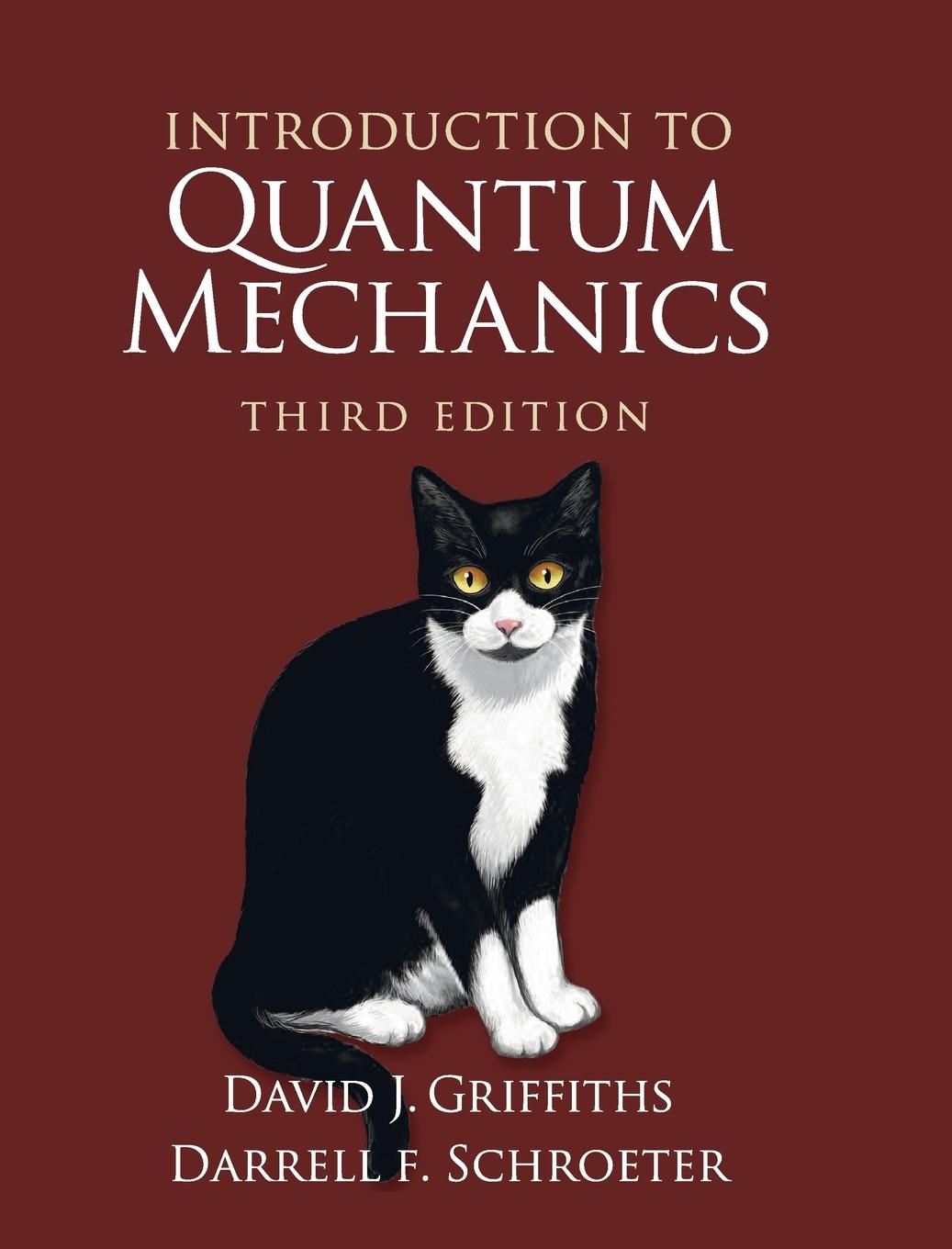
They are terrifying, gorgeous creatures made of blood and teeth and consequence, twisted and humped and twinned and warped and unmistakable. The geeks in Geek Love are not misunderstood, not just like everybody else underneath it all. It understood that the way we love one another is not nice or a friendly. But it was huge-hearted, and enormously, even brutally kind. Geek Love wasn’t nice at all, and neither was anyone in it. Dunn’s writing demonstrates the yawning chasm between nice and kind. Dunn’s book wasn’t friendly, and it didn’t want to tell you it would all be ok. Many books, particularly those for young adults, claim to be about “freaks.” “Everybody’s a freak and that’s ok,” they reassure blandly. I understand how this book must have lodged itself in the heart of generations of high school kids, in those first years when bodies and gender, beauty and want, all seem illegible equations, unjust and untranslatable.

Even as I healed, I felt there was a crater at the center of my self that held me apart from all the nice people walking around in the daylight. The ugliness of that relationship left me feeling fundamentally unknowable, so far removed from a legible version of desire that I believed I was something less than human. Then, in my mid-twenties, I went through a breakup so painful it seemed to change the size and relative gravity of all the objects around me. I wanted big, weird, toothy books full of blood and adjectives, and the word “geek” had been appropriated to mean someone who looks beautiful when they take off their dorky glasses. I was convinced it was about high school nerds, kids in the math club who fall in love. I resisted through at least three phases in which everyone else around me was reading it and I wasn’t.

I read Geek Love long after everyone else already had.

Katherine Dunn’s Geek Love was this kind of book for so very many different people, spanning a wide range of ages, who will tell you it was the book that offered understanding when they needed it most. Books like this become a language by which we know one another. Of course, these books also tend to be the ones about which hordes of other people feel the same possessive gratitude. Surely it must be impossible for anyone else to be in on the secret. Books that appear when we need them most become part of our nervous system, and so it’s jarring when someone else professes their love for the same book. There is a particular way we love books that find us at exactly the right time, a love that swells beyond the dexterity of the writing or believability of the characters.


 0 kommentar(er)
0 kommentar(er)
